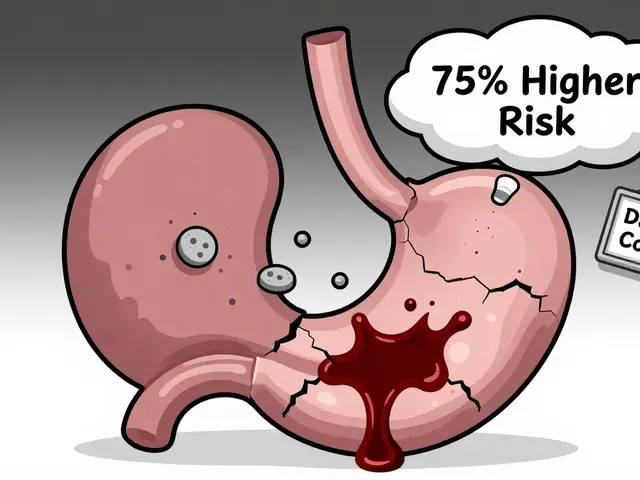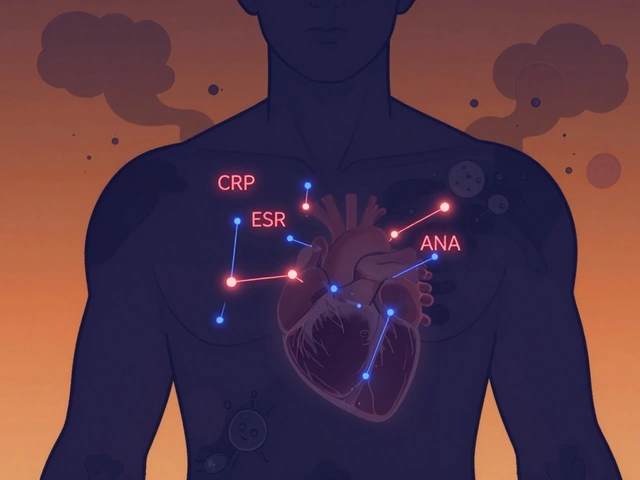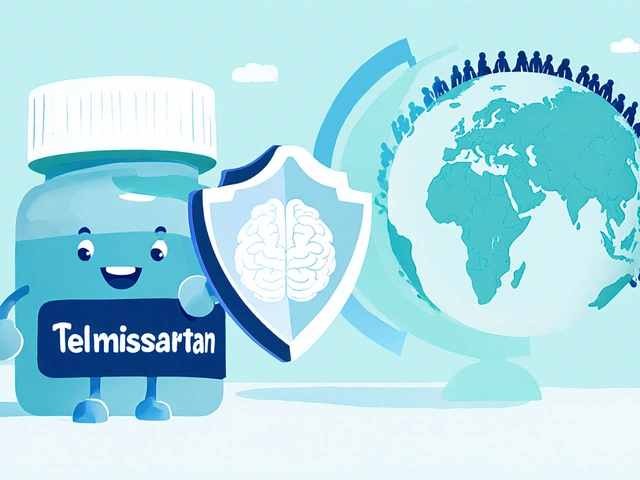Blood Disorders: What They Are and Why You Should Care
Ever wonder why a simple blood test can reveal so much about your health? Blood disorders cover a wide range of conditions that affect how your blood cells work, how they form, or how they clot. From anemia that makes you feel constantly tired, to leukemia that attacks your immune system, these issues can show up quietly or cause serious emergencies. Knowing the basics helps you catch problems early and choose the right treatment.
Common Blood Disorders You Should Know
Anemia is the most frequent blood problem. It happens when you don’t have enough red blood cells or hemoglobin, leaving you short of breath and weak. Iron‑deficiency, B12 deficiency, and chronic disease are typical causes. Leukemia is a cancer of the blood‑forming tissues, leading to too many abnormal white cells that crowd out healthy ones. Symptoms include frequent infections, bruising, and night sweats. Clotting disorders such as hemophilia or deep‑vein thrombosis affect how your blood forms clots, either making you bleed too much or clot when you shouldn’t.
Other notable conditions include thrombocytopenia (low platelet count), sickle‑cell disease (misshapen red cells that cause pain crises), and myelodysplastic syndromes (bone‑marrow disorders that can turn into leukemia). Each has its own set of warning signs, but fatigue, unusual bruising, prolonged bleeding, or persistent infections are red flags worth checking with a doctor.
How Medications & Supplements Play a Role
When it comes to treating blood disorders, the right medication can make a huge difference. For anemia, iron supplements, vitamin B12 shots, or prescription erythropoietin can boost red‑cell production. In leukemia, chemotherapy agents, targeted therapies, and sometimes bone‑marrow transplants are the main weapons. If you have clotting issues, doctors may prescribe anticoagulants like warfarin or newer pills such as apixaban, while hemophilia patients often use clotting factor concentrates.
Our site has practical guides on many of these medicines. Want to know if Canagliflozin affects blood pressure? Check the “Canagliflozin and Blood Pressure” article. Curious about safe ways to buy Caduet online? We break down price, prescription rules, and red‑flag signs. Even niche topics like the “Bulbous Buttercup Supplement” are covered, letting you weigh benefits against potential blood‑related risks.
Supplements can help, but they’re not one‑size‑fits‑all. Iron‑rich foods and a balanced diet support anemia, yet high‑dose iron without a doctor’s nod can cause gut issues. Vitamin K affects clotting, so anyone on blood thinners should talk to a pharmacist before loading up on leafy greens or supplements.
When you shop online for any of these meds, look for certified pharmacies, verify the prescription requirement, and compare prices. Our “Buy Generic Caduet Online Safely” and “Buy Generic Lasix Online Cheap” guides show how to spot legit sellers, avoid fakes, and use discount programs.
Bottom line: Understanding your blood health starts with spotting symptoms, getting the right tests, and then choosing evidence‑based treatments. Use our medication guides to stay informed, and always double‑check with a healthcare professional before starting or changing any therapy.
Got more questions? Browse our tag page for other blood‑related topics, from clotting meds to cancer‑specific drugs. Knowledge is power, and the right info can keep your blood—and you—running smoothly.
Uncovering the Link: Chronic Lymphocytic Leukemia and Anemia Explained
Chronic lymphocytic leukemia (CLL) and anemia often go hand in hand, confusing and worrying patients. This article breaks down how CLL causes anemia, why it matters, and what to watch for. You'll get the facts about how your blood changes, what symptoms to never ignore, expert-backed tips, and real-world advice for managing life with both these conditions. Whether you're newly diagnosed or supporting someone, this guide gives you clarity and confidence.






